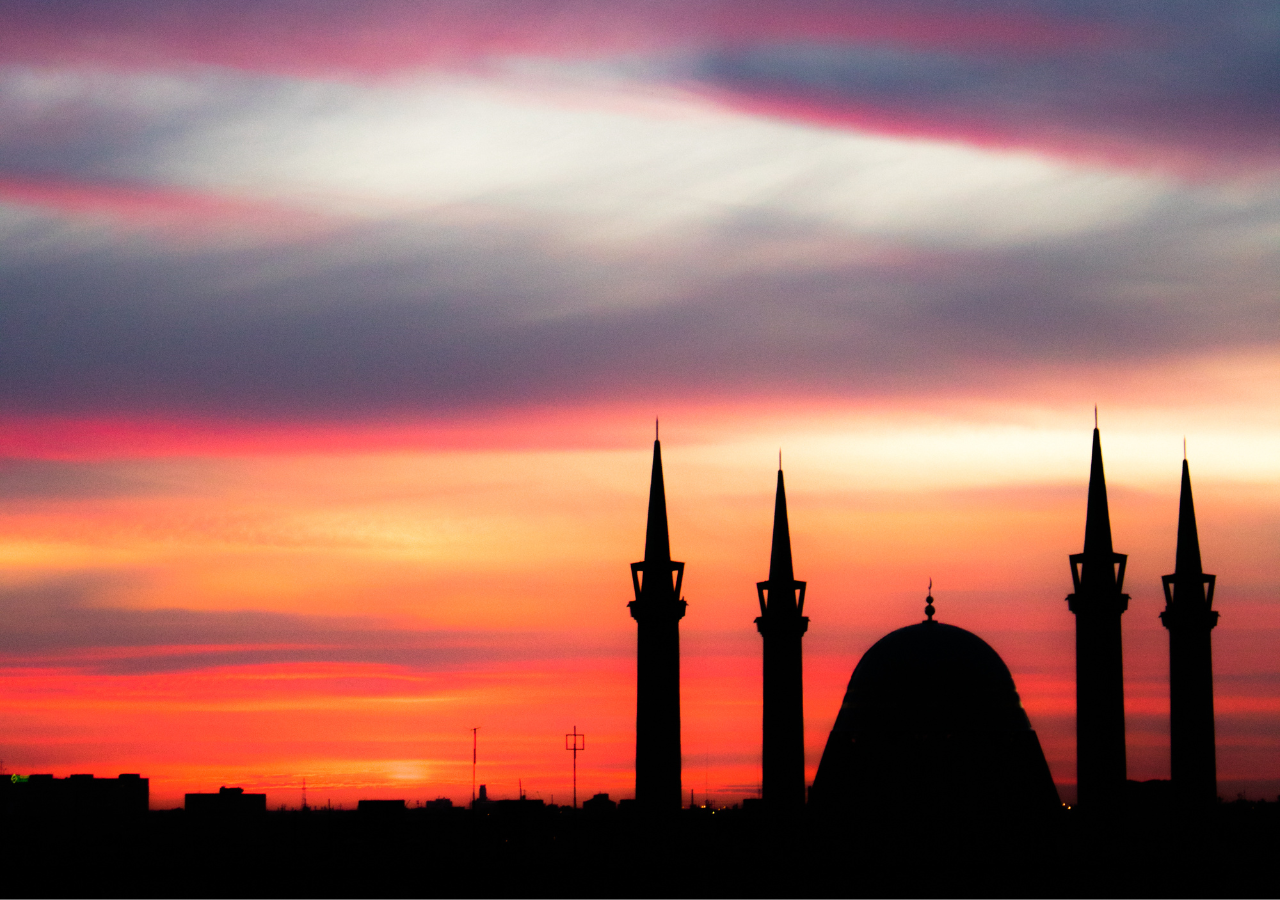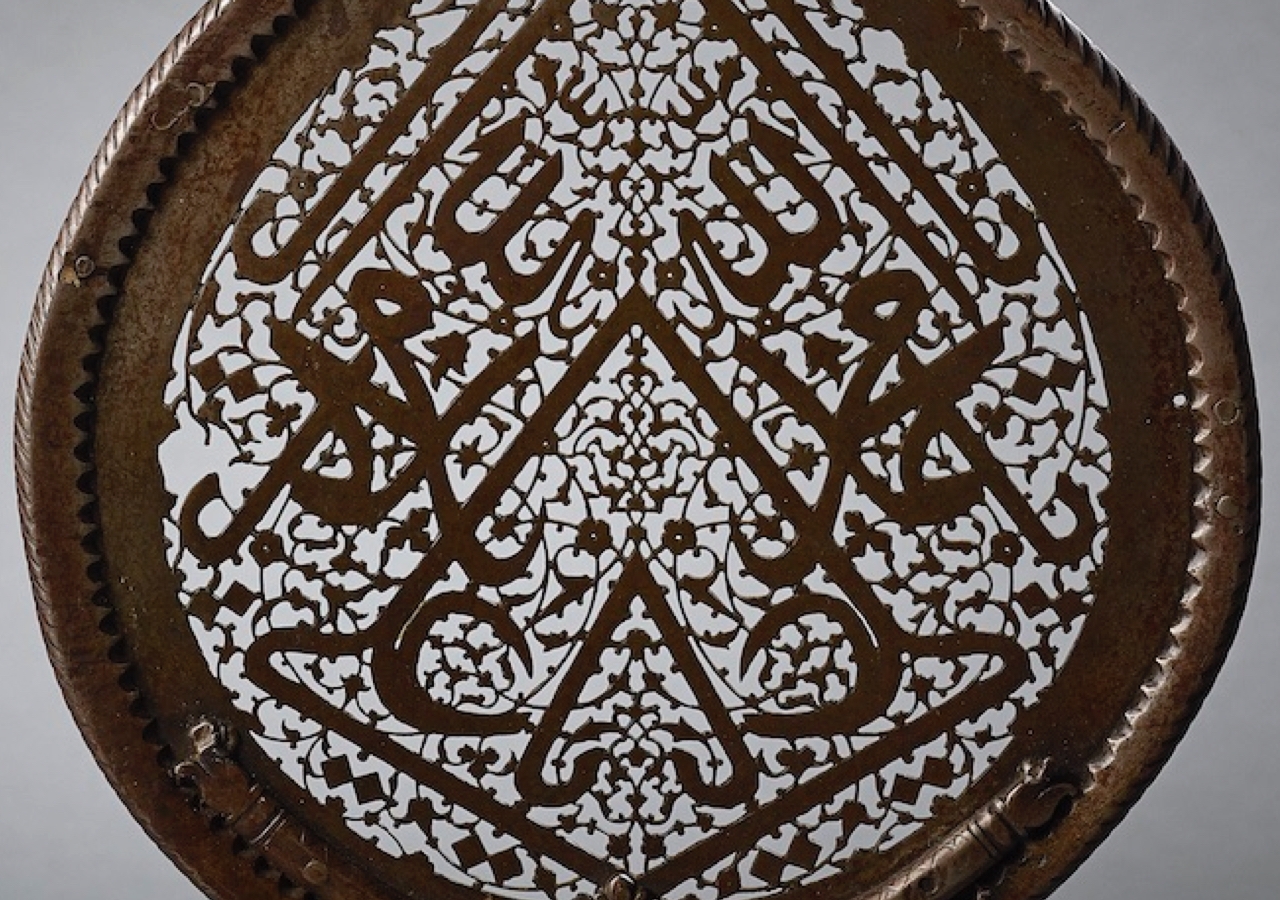The month of Muharram holds a place of significance for all Muslims. For Shia Muslims especially, the tenth day of this month – known as Ashura – is commemorated annually, for it was on this day in the year 680 CE that Hazrat Imam Husayn, the beloved grandson of Prophet Muhammad (peace be upon him and his progeny), was martyred at Karbala. The sad memory of this event is particularly poignant for Shia Muslims.
At Karbala, Imam Husayn was accompanied by many other members of his family – including women and children – who together with his loyal followers were brutally killed. While the hereditary line of Imams continues through Hazrat Imam Husayn's son, Imam Zayn al-Abidin, the massacre of the Prophet's beloved grandson and his family reverberated throughout the Muslim ummah.
The supporters of Imam Husayn mourned his loss and remembered his life with great sorrow. The place where his body was buried became a pilgrimage site for his followers. The tragedy at Karbala has become a focal point of devotional tradition that upholds themes of justice, ethics, and remembrance. For Shia Muslims, Muharram is a period during which celebratory events are avoided out of respect, particularly during the first ten days of the month.
However, the more enduring aspects of Imam Husayn's life continue to inspire Muslims in their daily lives – his example of commitment, selfless leadership, steadfastness in the face of oppression and, above all, his devotion to Allah and the cause of Islam.
Like other Shia communities, Ismaili Jamats do not celebrate any festivities during the first ten days of Muharram. They honour and respect the life and deeds of Imam Husayn, and are inspired by the principles of justice, integrity, and righteousness which he exemplified. They also reflect on the Shia Ismaili principle of the living Imam, and his guidance to the murids to live ethically in the world.









